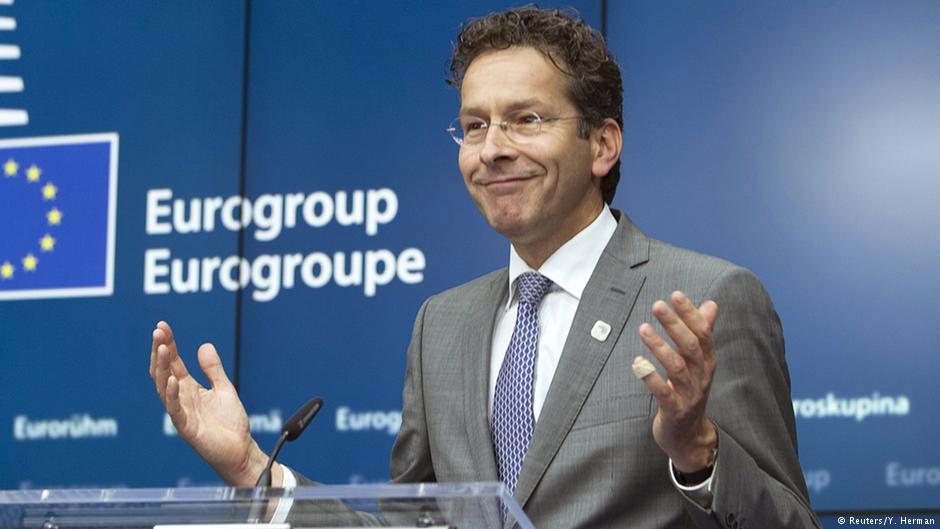Dutch elections jeopardise Eurogroup stability: It could be months until the fate of the Eurogroup President and Dutch finance minister is settled. High time for a conflict-of-interest-free President of the Eurogroup
The Dutch have spoken, and a sigh of relief is felt across the continent. Will everything be good now? Perhaps in the Netherlands, but the vote may yet jeopardise the institutional order of the Eurogroup – in a moment of renewed tension over Greece’s reform progress.
Having lost three quarters of their seats, it is unclear if the Dutch Social Democratic Party (PvdA) will partake in the next government, calling into doubt Jeroen Dijsselbloem’s tenure as Eurogroup President. Negotiations on the formation of a new coalition government will involve at least four parties and may drag on for months.
The Eurogroup has to sign off on Greek reforms before the next tranche of its bailout may be disbursed, and the last thing the Greek programme review needed was a President of the Eurogroup (PEG) whose future hangs in the balance for several months, while he stays on as acting finance minister.
While the Eurogroup has no formal rules, Protocol 14 to the Lisbon Treaty stipulates that it elects a permanent President, who has so far always concurrently been a sitting Eurozone finance minister. While the PEG is permanent in the sense that he or she does not change every six months with the rotating Council Presidency, it does not mean the PEG fulfils his or her functions permanently, quite the opposite, as they also serve as national finance minister, accountable only to their own prime minister and national parliament.
This arrangement constitutes a built-in conflict of interest for the President of the Eurogroup, and at the same time makes sure that the Eurogroup’s Presidency and therefore the continuity of its work will always be at the mercy of domestic political upheaval (possibly excluding countries with volatile political systems altogether). The current bout of uncertainty is therefore a good opportunity to reorganise the Eurogroup’s Presidency. Mr Dijsselbloem should be allowed to keep his job, with his (national) spokesperson hinting he intends to fulfil his mandate as PEG, which runs until January 2018. The then-President of the ECOFIN Council, Slovakian finance minister Mr Kazimir, expressed similar views in November 2016.
To avoid the factitious debate on whom to pick next, the Eurogroup could change its erstwhile tradition spontaneously, true to form for an informal body, and decide to stick with Mr Dijsselbloem regardless of his domestic political fortunes: This way he would merely lose his voting rights, but continue as Eurogroup chairman. It would not be the first time that the Dutchman reads the political winds correctly and tries to improve the Eurogroup’s governance, as he did in early 2016 with the introduction of the Transparency Initiative, giving the Eurogroup at least a semblancy of transparency.
It is high time for a conflict-of-interest-free President for this informal body whose role in Eurozone economic governance can hardly be overstated. Such a full-time PEG would also have the time to explain Eurogroup proceedings in the European Parliament’s ECON Committee after each Eurogroup meeting, bringing the accountability of the Eurogroup to the Parliament and the public at large to a new level. Further avenues for the formalisation of its work should be explored, such as formal procedures and a public documents registers, public agendas for its preparatory bodies, and formal spokespeople.
As things stand, the Eurozone is governed by an institution so informal and ad hoc, it does not even have a dedicated twitter account.
This post was amended to clarify that while the PEG has always been a national finance minister, the Eurogroup does not have formal rules that would make this a condition.






